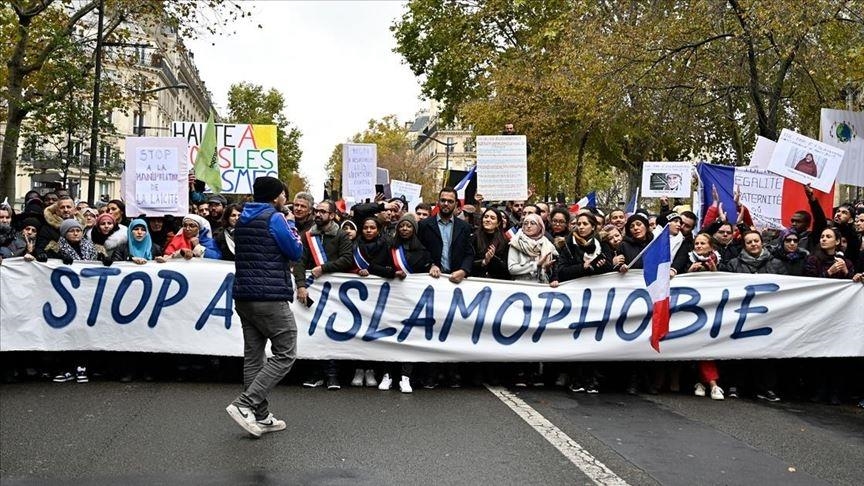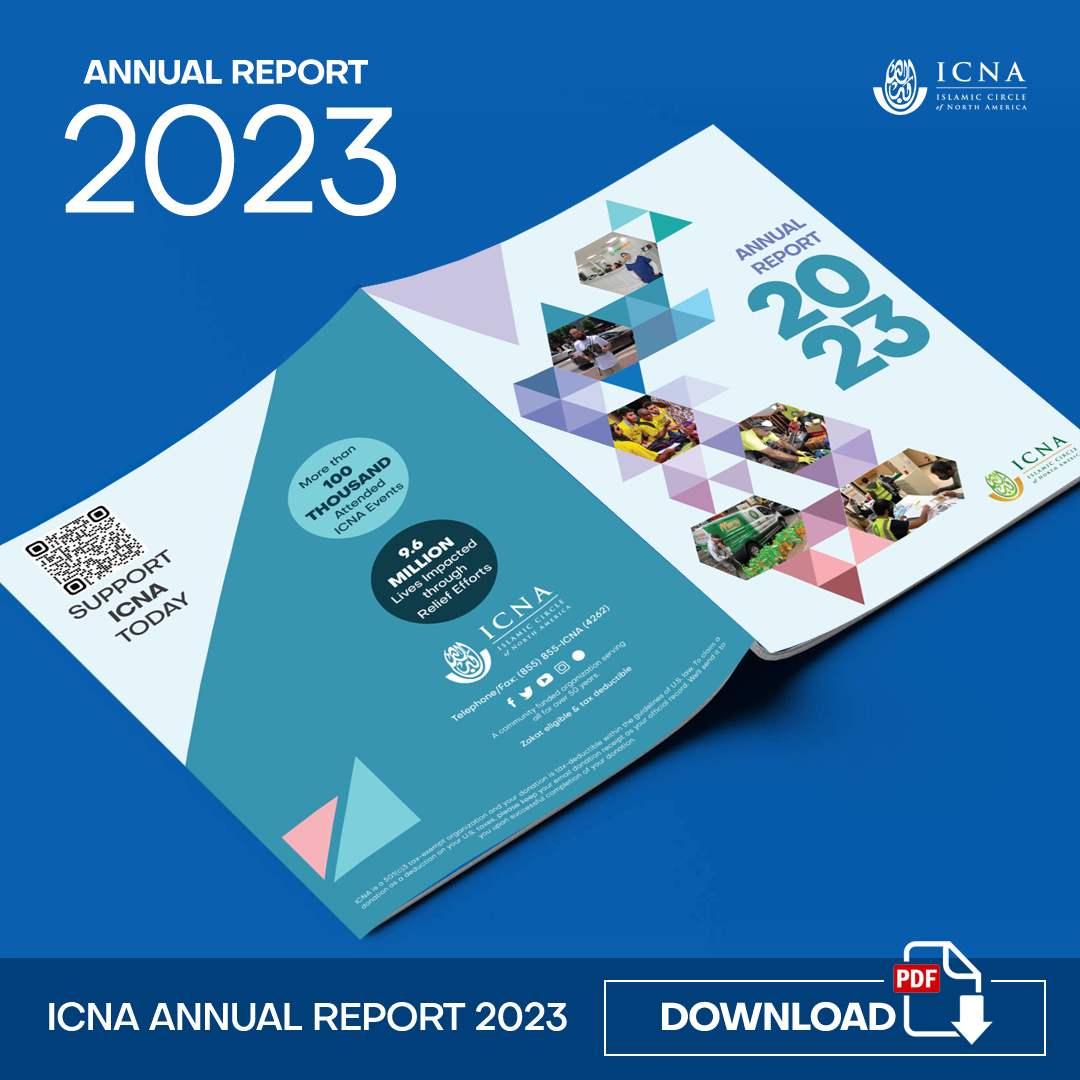
ICNA CSJ
Date published: Sat, 23 September 23
In early September, a top French court upheld a ban that prohibits girls in school to wear abayas. The French court found that wearing the abaya is a religious affirmation and that the ban is in line with French law that prohibits, “the wearing by pupils of signs or clothing ostensibly expressing religious affiliation, either in and of themselves, or because of the pupil’s behavior.” The government has stated that the nationwide ban of abayas, is an update to a 2004 ban on hijabs, Jewish skullcaps, or other religious paraphernalia.
Earlier this year, we published an article about French secularism and the weaponization of it against minorities. Action Droits des Musulmans, an advocacy group for Muslims, filed the emergency petition that led to the court upholding the ban. They said in a statement that it was “deeply concerned about the consequences this decision could have on young girls, who risk being discriminated against on a daily basis because of their ethnic and religious appearance.”
Many are questioning the government’s intentions behind continuously banning and regulating women’s clothing. Again, Muslim women are expected to regulate themselves if they want to receive education. During the beginning of the school year, girls were sent home if they showed up not only in an abaya, but if they wore a matching pant-shirt set, if they wore skirts, or if they wore anything that was seemingly loose-fitting. One girl was sent home for wearing a kimono-style cardigan (picture below). Other girls are sent home for wearing dresses, or loose shirts and pants. The ban is not just a ban on women’s religious clothing, but it is a ban on something more sinister – the existence of Muslim women in public spaces in France. When girls are banned from going to school unless they regulate their clothing, the right to education is infringed upon. Young Muslim girls are policed, regulated. This sort of environment makes it hard for these girls to pursue education, unless they give up aspects of their religious identity and self expression.
C’est vrai que ce n’est pas un kimono. C’est un abaya.
— Caroline Jaeger (@gloupsback) September 5, 2023
Female students in France will no longer be allowed to wear the loose-fitting abaya dress favoured by some Muslim women 👇
The move comes almost 20 years after France banned headscarves from state schools.
Read more: https://t.co/svRSk56Sux pic.twitter.com/NJYfih07wb
— Sky News (@SkyNews) September 4, 2023
These bans are rooted in a history of French racism and Islamophobia. France’s history with colonialism can be understood as one of the primary reasons behind its racism and institutionalized discrimination against minority groups. French colonialism was brutal. Even now, in the era of “post-colonialism,” France’s former colonies are still paying France a reparation tax – a tax for the inconvenience colonial independence caused to France. French president Macron refuses to ask for forgiveness for the crimes of the colonization of Algeria, despite Algeria’s request to do so.
The teacher/principal waiting to inspect Muslim girls clothing is, in fact, wearing a long sleeve ankle length dress herself. Tell me again how this is about secularism, France? https://t.co/VSgfNq8VzP
— Hannah ☪️- HLK851 on Spoutible (@HLK851) September 6, 2023
The birth of the idea of Western civilization is a precursor, or perhaps even a framework, to how race is understood today. French colonial and imperial propaganda has depicted the SWANA region, South Asia, East Asia, and Africa as lands of “backwardness, lawlessness, and barbarism tamed by French rule.” Vinecia Perkins in an article on the constitutional stratification of French ethnic minorities says that French culture sees itself as superior to all non-European cultures. The notion and rhetoric of “otherness” and pseudo-scientific racism has persisted amongst French treatment of its minorities from the expulsion of Jewish people from France to French participation in the Transatlantic slave trade.
An influx of North African immigrants materialized “banlieues” (slums), plagued with rampant crime, poverty, and unemployment. More than 4.4 million people of Arab or African heritage live in banlieues where they and Jews face extreme discrimination. From the beginning, Muslims and those of African and Arab heritage have been placed on the fringes of French society by the government and natives.”
Because of these aspects of institutionalized discrimination, French Muslims experience high levels of unemployment. There are studies that show that when a Muslim is considered a practicing Muslim in public, they are less likely to be called back for jobs than a secular-appearing Muslim. The European Network Against Racism published in a report about Muslim women who wear hijab, “When they get an interview and choose to present themselves with their headscarf, they take the risk of being refused for the position. Usually the headscarf monopolises the interview, employers only focus on the religious symbol and not on thecandidate’s skills. In France, as many employers think that neutrality applies to private companies, they do not hesitate to openly express the specific motive of the refusal and thus exposed themselves to condemnation in court.”
France’s Islamophobia is further tied into political figures. President Macron has consistently called for targeting “radical” Islam, and pushing for a “French” version of Islam. Marine Le Penn, a far-right politician, is known for her extreme Islamophobic statements. She was a contender for the French presidency, showing that these ideas are integral to mainstream French society.
Political rhetoric has created an environment where Islamophobic sentiments are on the rise, and individualized attacks occur. In 2020, Islamophobic attacks in France increased by 53%. Attacks on mosques increased by 35%.
The institutionalized Islamophobia in France has created a normalization of hatred against Muslims. This not only demonizes Muslims, but increases violence against them. When faith is intertwined with French colorblind racism, the systems of oppression continue on and on, cycling for years. To address the problem, France must first acknowledge their deep institutionalized issues.





